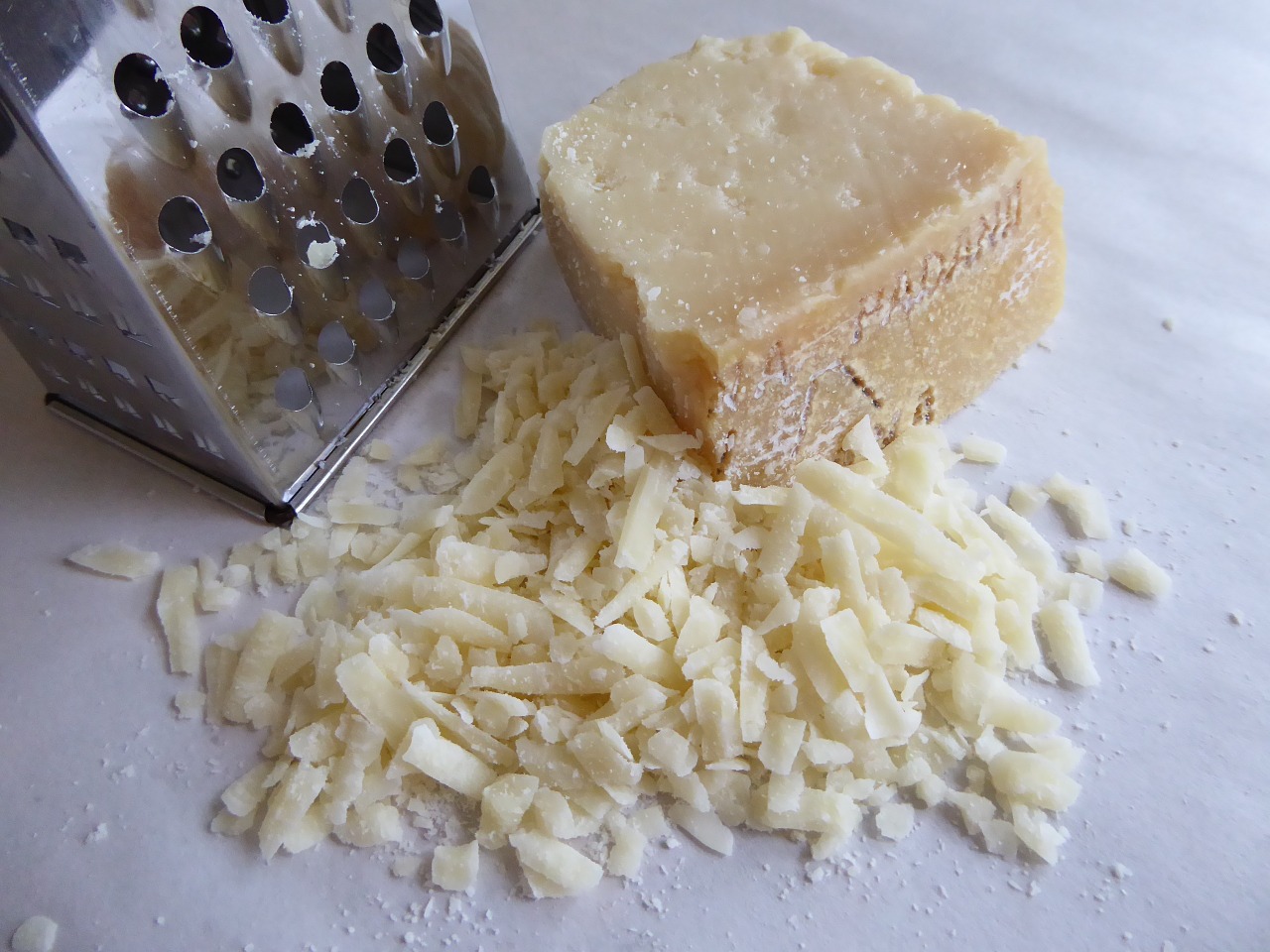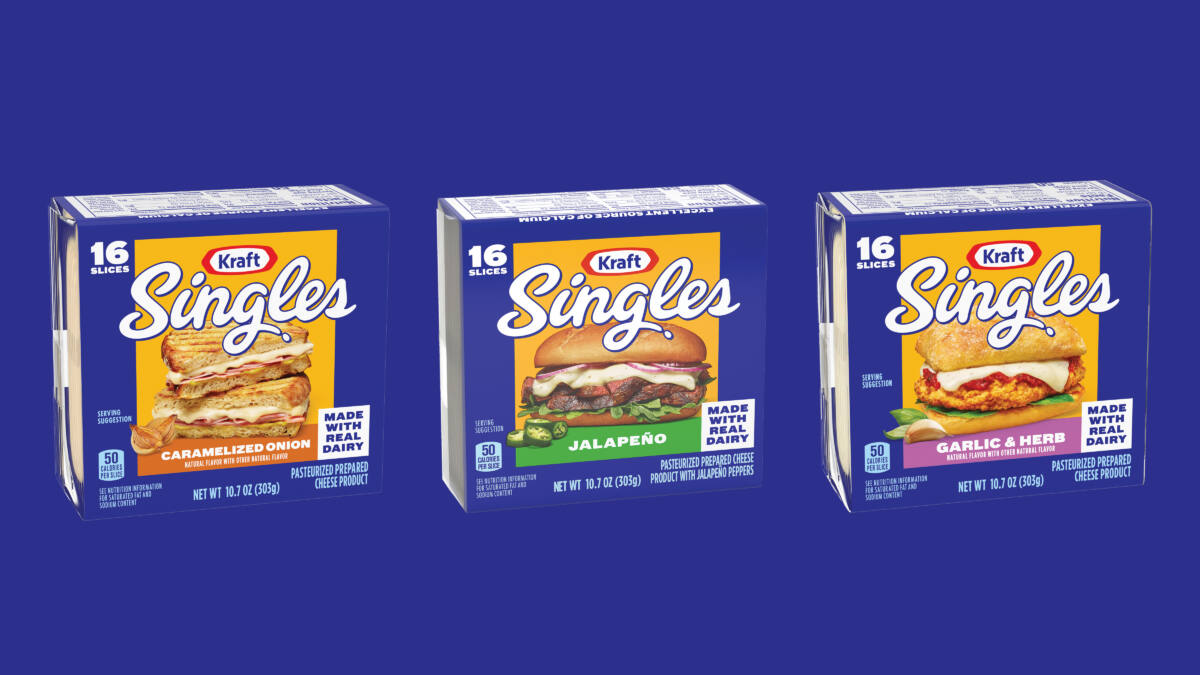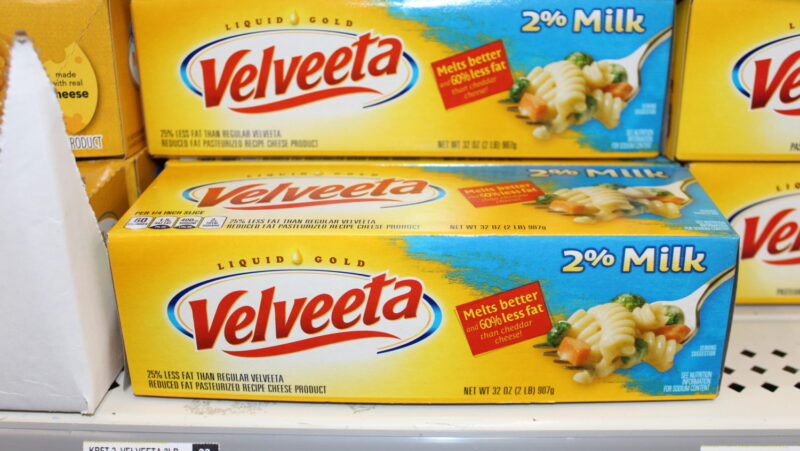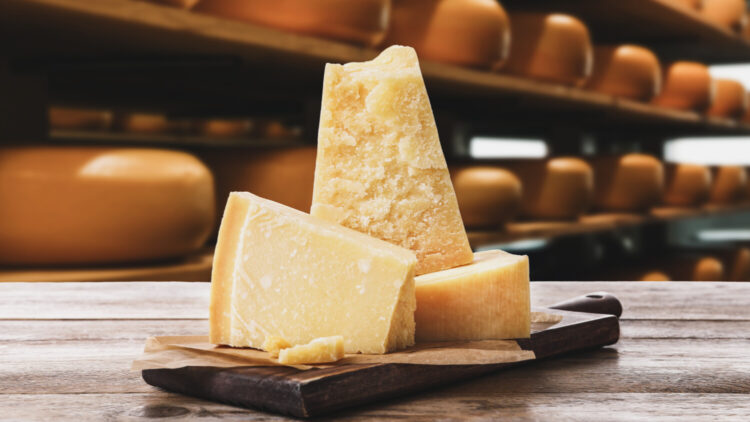A New Study Reports That Your Parmesan Cheese Might Have Wood Pulp In It

If you’re a fan of parmesan cheese, you may want to take notice. A new report has found that many brands of parmesan cheese contain an unwanted ingredient: wood pulp.
Bloomberg News tested a number of store-bought, grated cheese that claimed to be 100 percent parmesan, only to find that a number of brands contained cellulose, an anti-clumping agent made from wood pulp. Despite containing the ingredient, these cheeses did not list cellulose on their ingredient label.
Over the past few years, the U.S. Food and Drug Administration has been investigating cheese companies claiming their product to be 100 percent real parmesan.
They found that many suppliers were filling their products with lesser quality cheese such as cheddar or filling them with too much cellulose, only to send them to grocery stories under the guise of being purely parmesan cheese.
Cellulose is considered a safe additive when it is between two to four percent of the product. Bloomberg’s report found that Jewel-Osco’s Essential Everyday 100% Grated Parmesan Cheese was 8.8 percent cellulose, Wal-Mart Stores Inc.’s Great Value 100% Grated Parmesan Cheese contained 7.8 percent, Kraft Parmesan Cheese had 3.8 percent, and Whole Foods 365 registered at .3 percent, despite not listing cellulose on the label.
Spokespeople for these companies said they would be investigating these results further.
Cellulose is commonly used to add texture to packaged products and it can prevent cheese from sticking together and getting oily, according to USA Today.
There was not much incentive to following these labeling rules until recently when in 2012, the FDA cracked down on Castle Cheese Inc. They found that the company was filling their supposedly pure parmesan with cut-rate substitutes and fillers such as cellulose. The president of Castle is now set to plead guilty to federal charges.
But Castle isn’t alone. The FDA report found that other brands, including Market Pantry brand 100% grated Parmesan Cheese, sold at Target, contained no parmesan cheese at all and was instead a blend of other cheeses such as Swiss and mozzarella.
With the FDA cracking down, cheese manufacturers may have to be more honest about what really is included in their product. In the meantime, consumers can follow a few tips to ensure their getting 100 percent pure parmesan cheese:
- Buy a wedge of cheese over pre-grated
- Look for the words “Parmigiano-Reggiano” on the rind
- Look for reputable brands such as Sartori, BelGioioso, and Arthur Schuman, Inc.





